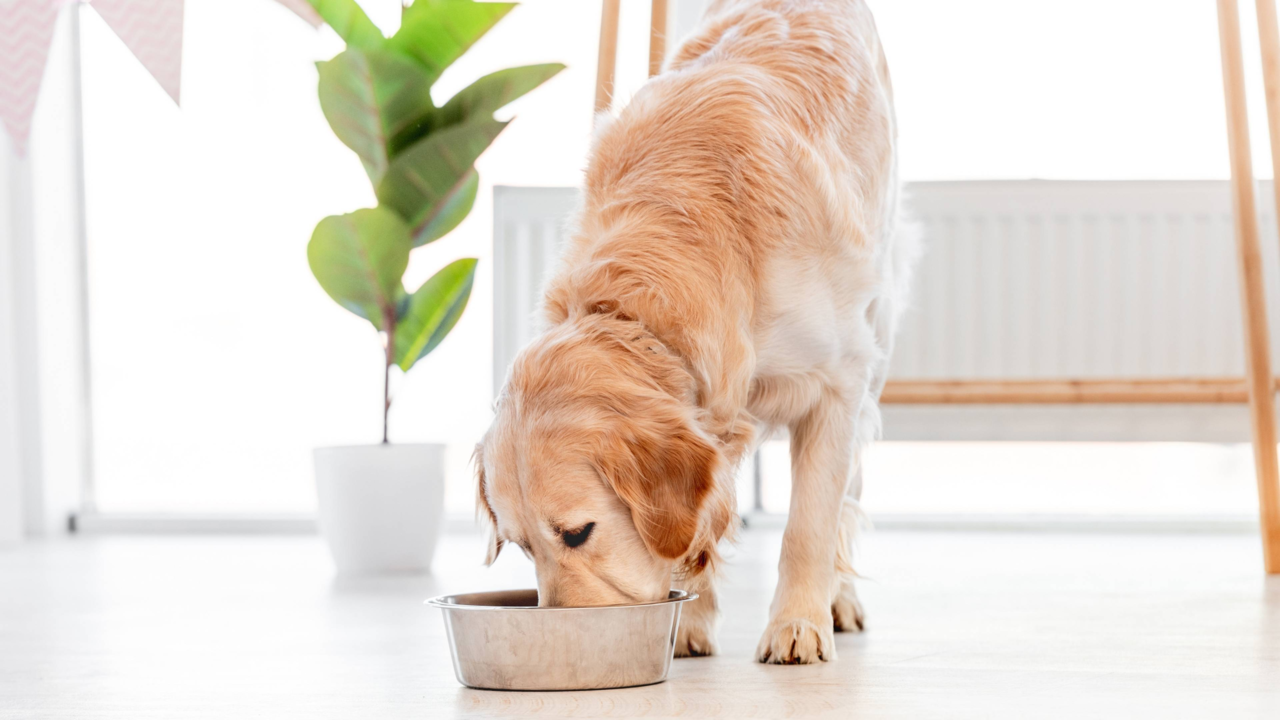
The Truth About Grain-Free Pet Food
Grain-free pet food has surged in popularity across New Zealand, leaving many pet parents wondering whether it’s the healthiest choice for their furry family members. While some pets may thrive on a grain-free diet, others might not need it at all. In this guide, we uncover the truth about grain-free pet food, helping Kiwi cat and dog owners make informed decisions based on their pet’s unique needs.
What Is Grain-Free Pet Food?
Grain-free pet food simply refers to any dog or cat food that does not contain grains like wheat, corn, rice or oats. Instead, these foods typically include alternative carbohydrates such as peas, lentils or potatoes. You can find a wide range of grain-free pet foods in both dry and wet varieties, catering to different tastes and dietary requirements.
This type of diet was originally developed for pets with grain allergies or sensitivities, although true grain allergies are relatively uncommon in cats and dogs.
Is Grain-Free Better For Your Pet?
There is no one-size-fits-all answer. Some pets with specific health issues may benefit from a grain-free diet, especially if they have been diagnosed with a grain allergy or digestive concerns. However, for most healthy cats and dogs, there’s no scientific evidence that grain-free diets are inherently better than traditional grain-inclusive options.
It’s important to ensure that whatever food you choose meets the AAFCO or equivalent nutritional standards. Grain-free doesn’t automatically mean more nutritious. If you’re exploring new options, check out our variety of new pet food arrivals or our curated top rated picks for trusted choices.
Potential Risks Of Grain-Free Diets
In recent years, concerns have been raised about a potential link between grain-free dog food and dilated cardiomyopathy (DCM), a serious heart condition. While this link is still under investigation by veterinary researchers, it highlights the importance of choosing pet food that has undergone rigorous testing and formulation by veterinary nutritionists.
If you are considering switching to grain-free, consult your vet, especially if your pet is predisposed to heart issues or certain breed-specific conditions. You can also explore options in our science health nutrition range for veterinary-recommended formulations.
How To Choose The Right Food For Your Pet
Choosing the best food depends on your pet’s age, breed, size, activity level and health status. Puppies and kittens have different nutritional requirements than senior pets, and some breeds may have sensitivities to certain ingredients, grain or otherwise. Always review the ingredient list and nutritional information thoroughly.
We offer a wide selection of dry pet food and wet pet food that cater to diverse dietary needs. You can also consider New Zealand made pet food brands if you prefer locally sourced ingredients.
Signs A Grain-Free Diet Might Help
Your vet might suggest a grain-free diet if your pet shows signs of possible food intolerance, such as chronic ear infections, skin irritation, itchy paws or gastrointestinal upset. For pets with sensitive skin or digestive issues, pairing their diet with skin and coat health supplements might provide additional support.
Remember, behavioural signs like restlessness from discomfort or stress can also be managed with the right combination of nutrition and calming essentials.
Balance Over Buzz
Grain-free pet food isn't inherently good or bad — it’s all about what suits your pet best. For some dogs and cats, grain-free diets might offer relief from certain conditions. For others, they offer no benefits and may even pose risks if not properly formulated. The most important thing is to choose balanced nutrition based on expert advice and your pet’s unique needs.
Not sure what to choose? Check out our full range of cat and dog food to explore your options or starter packs for puppies and kittens to give your new pet a healthy beginning.
Ready to give your pet the best? Discover the benefits of tailored nutrition with Petdirect today!